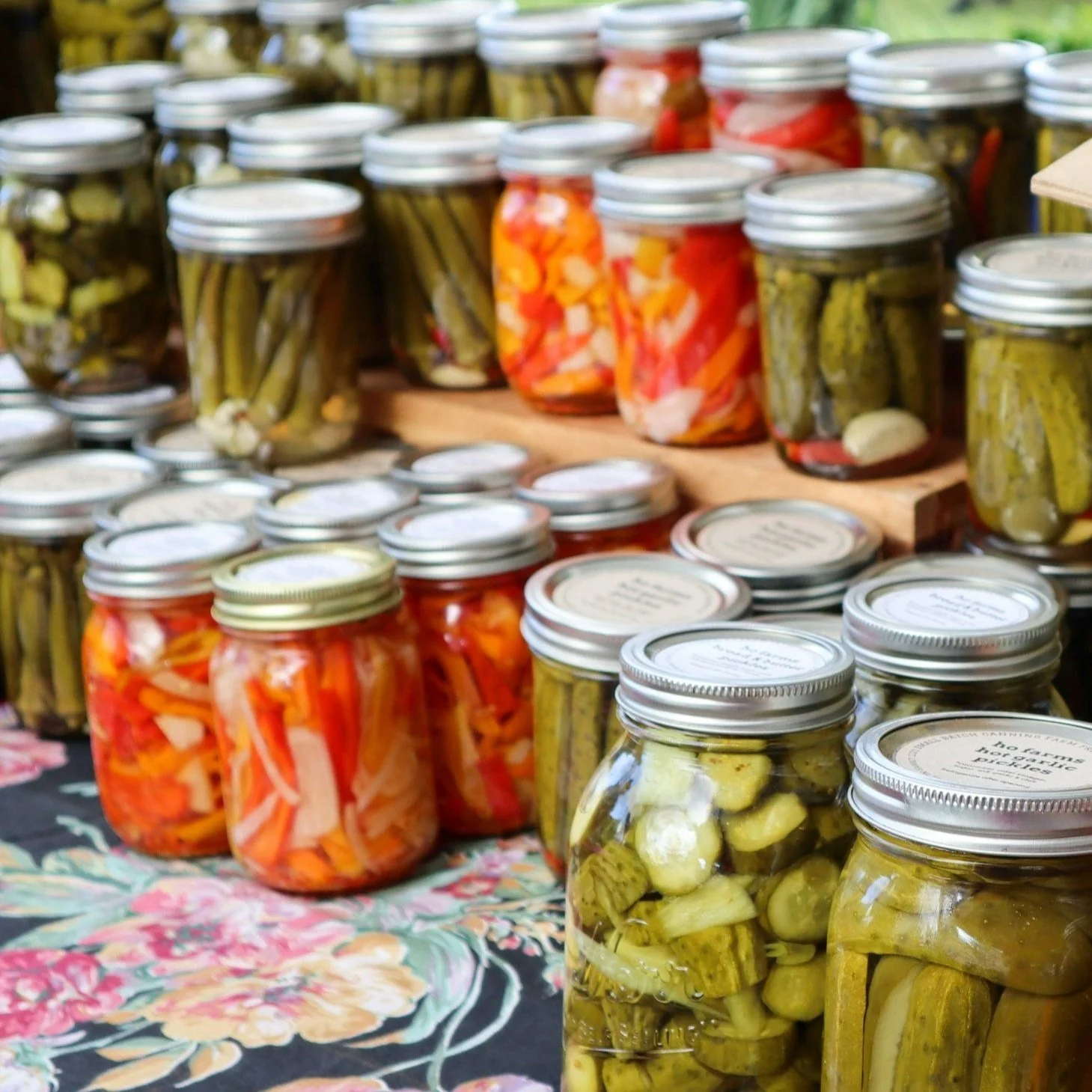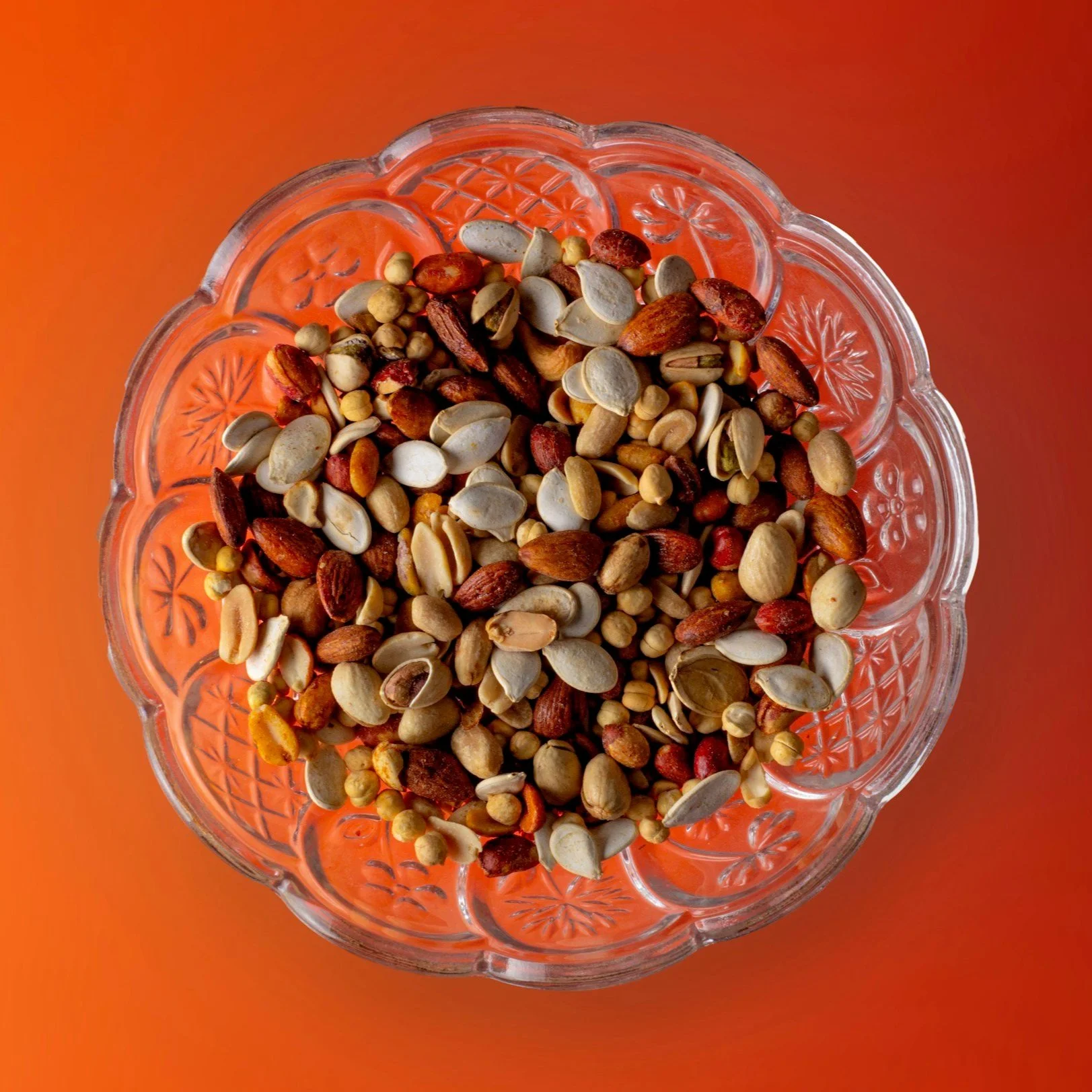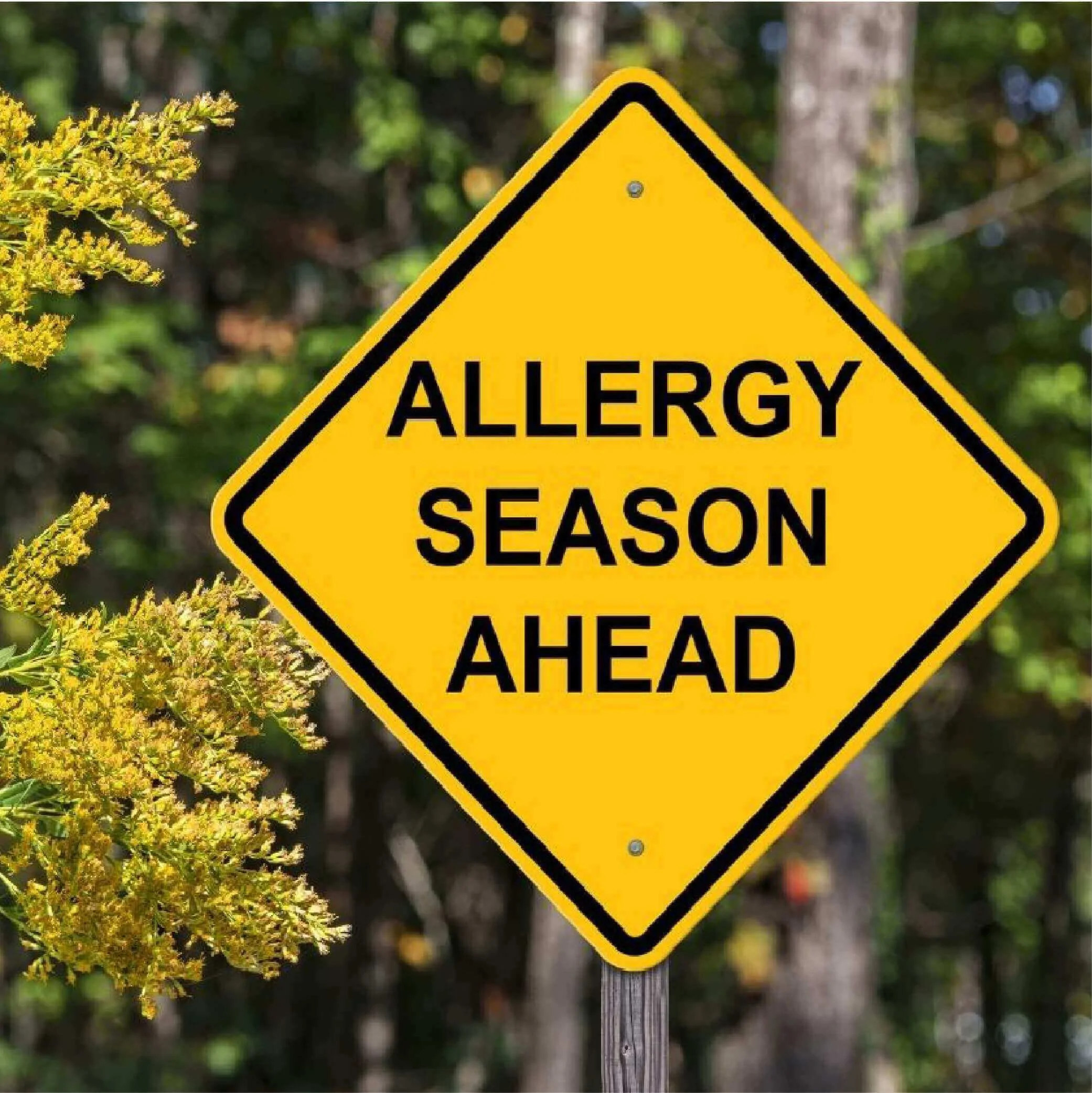Prebiotics, Probiotics, & Fermented Foods
Prebiotics, Probiotics, and Fermented Foods:
Naturally Nurturing Your Gut
Maintaining a healthy gut isn’t just about digestion - it’s central to your entire wellbeing. A harmonious gut microbiome supports immunity, mood, energy levels, and even skin health. Your microbiome is made up of resident and transient microbes including bacteria, fungi, and viruses. They help in many ways, including to break down the food in your gut, making certain nutrients available to be absorbed. This is a huge topic (I have a few brilliant books and leaflets available in the new Natural Health Library at The Apothecary Shop with more information on this subject). Here’s a bit of information about how we can cultivate a healthier, more balanced gut.
Microbes Aren’t Always Bad
Clearly, not all bacteria, viruses, and fungi are harmful. Our skin, gut, mouth, and other systems are naturally teeming with a rich diversity of microbes. Our gut alone contains approximately 1.5kg of bacteria! Excessive sterilisation and an obsession with being germ-free can disrupt the natural balance of our gut microbiome, leaving our immune system more vulnerable in the long term.
Presence of Pathogens ≠ Disease
The mere presence of a microbe doesn’t necessarily lead to illness. Whether or not someone becomes unwell often depends on the overall health of the host, the strength of the immune system, and many environmental factors.
Antibiotics Aren’t Always the Answer
While antibiotics can be lifesaving, overuse has contributed to resistance and disruption of our delicate gut flora. In some cases, natural antimicrobials like certain herbs or plant compounds may offer an effective alternative, especially when used under professional guidance.
Boosting Immunity
The immune system protects the body from un-helpful invaders whilst keeping an equilibrium with beneficial microbes, and requires balancing, rather than boosting. Supporting your immunity through restful sleep, stress management, proper hydration, good nutrition, and avoiding biochemical and physical stressors is more effective and sustainable than aiming to boost your immunity with one element.
So what are Probiotics, Prebiotics, and Fermented foods, and how can they help?
Probiotics: The Friendly Bacteria, are live, beneficial microorganisms that help maintain the balance of the gut microbiome, supporting digestion, enhancing nutrient absorption, and enhancing immune function. Foods high in probiotics, such as yogurt, kefir or kimchi are transient in the digestive system as they have been cultivated to ferment food, and will not act on digestive or intestinal immune support. Whereas supplementing with probiotics will provide strains that are cultivated not to ferment food, but to act in a beneficial way within the digestive system.
Prebiotics: Fuel for Microbiome, are non-digestible plant fibres that serve as food for beneficial gut bacteria. They help probiotics thrive and contribute to a robust, balanced microbiome.
Prebiotic-rich foods include: Garlic, Onions, Leeks, Asparagus, Bananas (especially when slightly green), Chicory root, Inulin, Fructo-oligosaccharides (FOS)
A diet rich in plant-based foods naturally increases prebiotic intake and supports microbial diversity.
Fermented Foods: Enhanced Nutrition, have been used for thousands of years to naturally enhance gut health. The process of fermentation, beneficial bacteria, and yeast transforms food, making it easier to digest and more nutrient-rich. This can also be the case in nutritional supplements, where fermented options can make certain nutrients more bio-available, which are usually more complex to absorb, such as turmeric.
The benefits of fermenting include:
Enhanced Digestibility: Fermentation can help to break down, and therefore reduce hard-to-digest substances like lactose and gluten.
Better Nutrient Absorption: It can improve the bioavailability of minerals such as iron, zinc and magnesium.
Immune Balance: A thriving microbiome supports healthy immune responses and may reduce inflammation.
Mood and Brain Health: The gut-brain axis means that gut microbes play a key role in mental health, influencing mood, stress resilience and cognitive function.
Examples of fermented foods: Yoghurt with live cultures, Kefir, Sauerkraut (unpasteurised), Kimchi, Miso, Tempeh
A Holistic Gut Strategy
Supporting your gut isn’t about a single supplement or superfood - it’s about creating an environment where beneficial microbes can thrive. This means eating a wide variety of fibre-rich foods, incorporating fermented options, and being mindful of lifestyle habits that affect your microbiome. By embracing prebiotics, probiotics, and fermented foods, you’re not just helping your digestion - you’re laying a foundation for total-body wellbeing.






